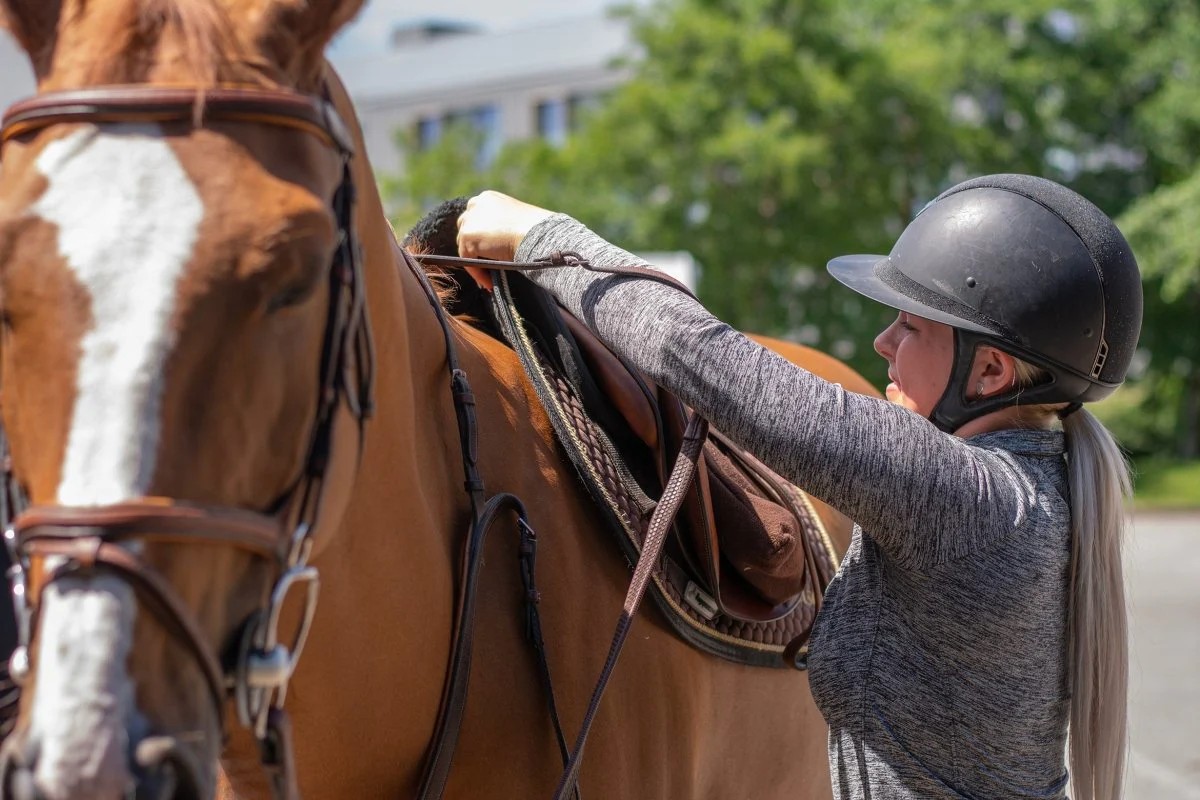Golden Teacher mushrooms are one of the most sought-after strains in the cultivation community. Known for their captivating appearance and powerful effects, they are a favorite among beginners and experienced growers alike. Cultivating Golden Teacher Spores requires attention to detail, patience, and the right set of conditions. Here are key tips to help you master the cultivation process and achieve fruitful results.
1. Prepare Your Space And Tools
Creating a sterile environment is the first critical step in cultivating Golden Teacher mushrooms. Ensure your workspace is clean and sanitized to avoid contamination. It’s essential to have the following tools ready:
- Sterile gloves
- Alcohol wipes
- Pressure cooker (for sterilizing jars)
- Jars or containers for the substrate
- Clean workspace or Still Air Box
Maintaining cleanliness significantly reduces the risk of contamination, which is a common cause of failure in mushroom cultivation.
2. Choosing the Right Substrate
The substrate is the material where the spores will grow, and selecting the right type is crucial for successful cultivation. A common choice for growing Golden Teachers is brown rice flour mixed with vermiculite and water. This substrate provides the right balance of nutrients that spores need to thrive.
Once prepared, it is necessary to sterilize the substrate using a pressure cooker. This process eliminates harmful bacteria or molds that could compete with the spores.
3. Inoculating the Spores
Once your substrate has cooled, it’s time to inoculate with Golden Teacher Spores]. Using a sterilized syringe, inject the spores into the substrate at several points to ensure even distribution. After inoculation, cover the jars and store them in a warm, dark place where they can start to colonize.
4. Maintaining the Right Environment
Mushroom cultivation is sensitive to environmental conditions. Temperature, humidity, and light all play critical roles in the growth process. For sporeswork to be effective, the temperature should be between 70°F and 80°F during colonization. After full colonization, the ideal fruiting temperature is slightly lower, around 65°F to 75°F.
To encourage mushroom growth, keep humidity levels high, ideally around 90%, and provide indirect light.
5. Patience and Monitoring
Mushrooms take time to grow, so patience is a major consideration. Check the jars periodically for signs of contamination, such as unusual colors or smells. If you notice any, it’s important to remove the contaminated jars to avoid affecting the rest of the batch.
Once fully colonized, your substrate will begin to fruit, and you will soon see the distinctive Golden Teachers caps appearing.
Conclusion
For those seeking top-quality spores and reliable cultivation tools, can consider professionals that offer excellent solutions helping you in the mushroom cultivation journey. Explore their range and take your mushroom cultivation to the next level with the finest products available. Just have look at a wide range of mushrooms that has been listed on the official website of Magic Spore Labs.






